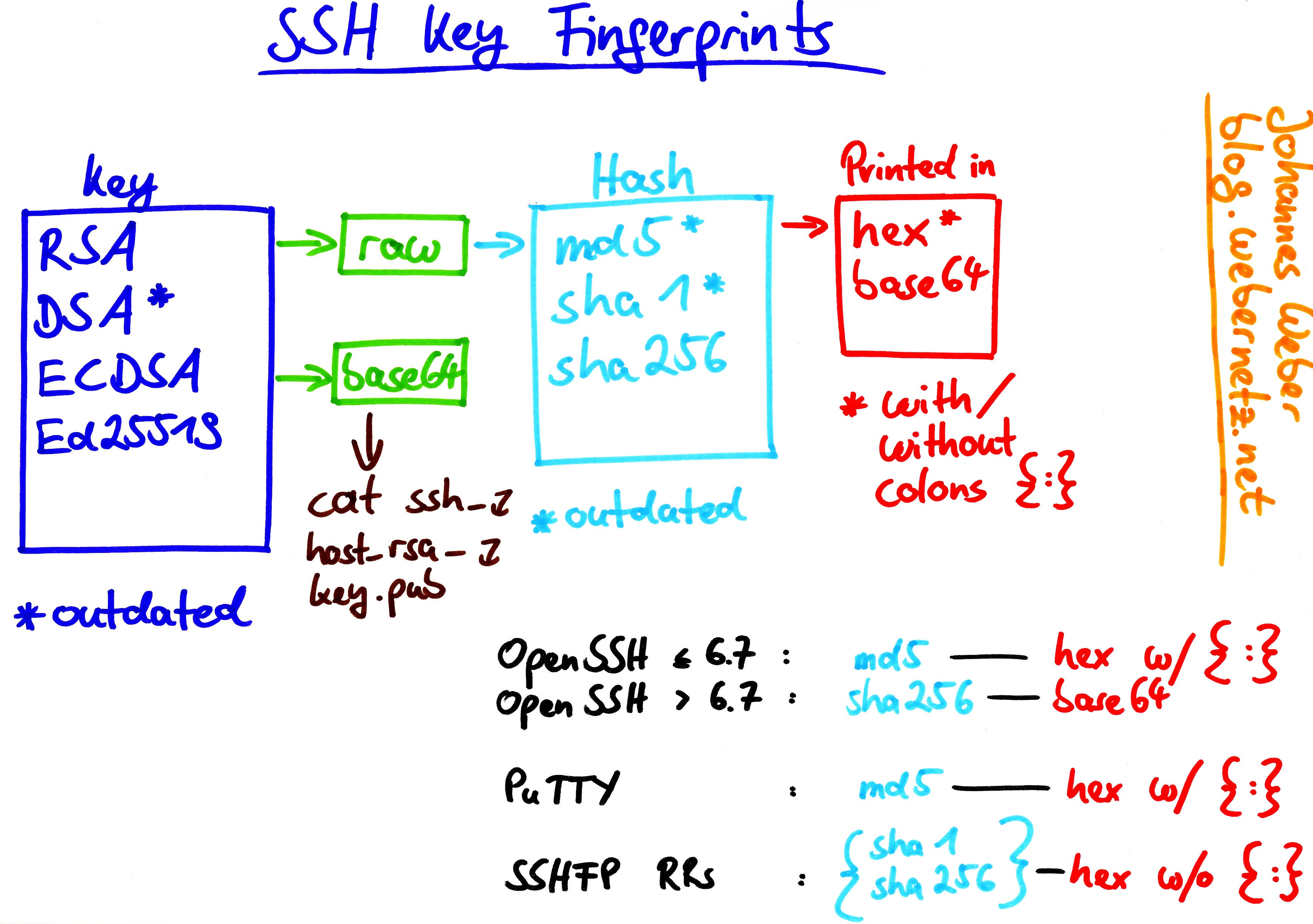If you don't have an existing public and private key pair, or don't wish to use any that are available to connect to GitHub, then generate a new SSH key. If you see an existing public and private key pair listed (for example idrsa.pub and idrsa) that you would like to use to connect to GitHub, you can add your SSH key to the ssh-agent.
Generate Public Ssh Key
This version of GitHub Enterprise will be discontinued on This version of GitHub Enterprise was discontinued on 2019-10-16. No patch releases will be made, even for critical security issues. For better performance, improved security, and new features, upgrade to the latest version of GitHub Enterprise.For help with the upgrade, contact GitHub Enterprise support.
Before you generate an SSH key, you can check to see if you have any existing SSH keys.

Generate Public Ssh Key Mac Windows
Note: DSA keys were deprecated in OpenSSH 7.0. If your operating system uses OpenSSH, you'll need to use an alternate type of key when setting up SSH, such as an RSA key. For instance, if your operating system is MacOS Sierra, you can set up SSH using an RSA key.
Mac Ssh Public Key
Open TerminalTerminalGit Bashthe terminal.
Enter
ls -al ~/.sshto see if existing SSH keys are present:Check the directory listing to see if you already have a public SSH key.
By default, the filenames of the public keys are one of the following:

Generate A Public Ssh Key Mac
- id_dsa.pub
- id_ecdsa.pub
- id_ed25519.pub
- id_rsa.pub
- If you don't have an existing public and private key pair, or don't wish to use any that are available to connect to GitHub, then generate a new SSH key.
- If you see an existing public and private key pair listed (for example id_rsa.pub and id_rsa) that you would like to use to connect to GitHub, you can add your SSH key to the ssh-agent.
Generate Public Ssh Key Mac Download
Tip: If you receive an error that ~/.ssh doesn't exist, don't worry! We'll create it when we generate a new SSH key.